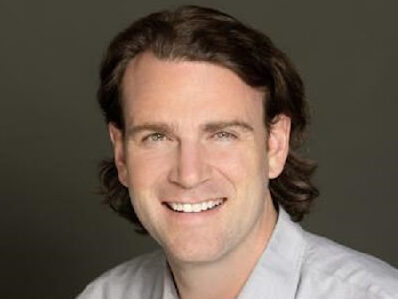A Brilliant Mind Silenced: Mourning Dr. Nolan Williams
The Stanford community and the wider scientific world are reeling from the devastating news of the passing of Dr. Nolan R. Williams, a globally recognized Associate Professor of Psychiatry and Behavioral Sciences at Stanford University. At just 43, Dr. Williams died by suicide — a tragic and heart-wrenching loss that has shaken colleagues, students, patients, and families around the globe.
Dr. Williams was not just a researcher or academic; he was a visionary in neuroscience, a leader in neuropsychiatric innovation, and a deeply compassionate clinician who devoted his life to helping others battle the very mental health challenges he ultimately succumbed to. His death is a painful reminder that even those dedicating their lives to healing others are not immune to the silent battles of the mind.
A Legacy of Discovery, Compassion, and Global Impact
Dr. Williams founded and led the Stanford Brain Stimulation Laboratory, where his pioneering work revolutionized treatment for severe depression and neuropsychiatric disorders. He was the architect of the Stanford Accelerated Intelligent Neuromodulation Therapy (SAINT) — a non-invasive, fast-acting brain stimulation protocol that earned FDA Breakthrough Device Designation (2021) and FDA clearance (2022). This groundbreaking therapy, which rapidly alleviated treatment-resistant depression, has since saved lives worldwide.
Beyond SAINT, Dr. Williams was one of the few clinical researchers boldly exploring psychedelic-assisted therapy, including the mechanisms of ibogaine—offering new hope for patients for whom traditional treatments had failed. He transformed scientific discovery into compassionate care, bridging the gap between the lab and the lives of real people.
His work was recognized with numerous prestigious awards, including the A.E. Bennett Award, the Colvin Prize, and the Visionary Award from the Clinical TMS Society. Featured widely in The New York Times, Scientific American, CBS Sunday Morning, and more, Dr. Williams brought neuroscience to the forefront of public consciousness.

Leave a Reply